Government Highlights Structural Measures to Ensure Sustainability Post-Bayu Undan
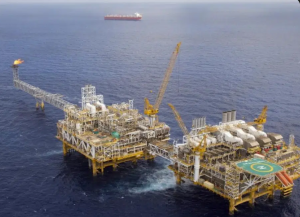
Following the formal notification by Santos of the closure of production at the Bayu Undan field, the IX Constitutional Government reaffirms that this transition was already planned and that strategic measures have been implemented to ensure the continued development of the national energy sector and the valorization of natural resources for the benefit of the entire population. 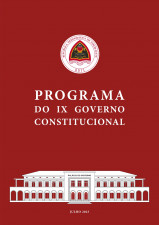
In its Program, the Government defined the petroleum and mineral resources sector as ‘one of the pillars of Timor-Leste's future economic development’, with the mission of ensuring that ‘the wealth of natural resources will be used to build the nation and provide progress and well-being for all the Timorese people’. In this sense, the closure of Bayu Undan's production does not represent an end, but the beginning of a new phase, based on a plan to reconvert and valorize existing infrastructures, along with the development of other strategic solutions, such as the exploration of the Chuditch and Greater Sunrise fields, mineral prospecting in new areas of the territory and the integrated implementation of the Tasi Mane Project. 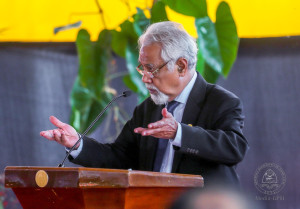
The Prime Minister, Kay Rala Xanana Gusmão, emphasized at his inauguration the priority of restructuring the Management of TIMOR GAP and ANPM, with a view to ‘ensuring greater efficiency in the oil sector, which is crucial for the country's development’. A few weeks later, the Government approved the new organizational structure of the Ministry of Petroleum and Mineral Resources and began an in-depth reform of the sector, including the restructuring of TIMOR GAP and the Institute of Petroleum and Geology, the creation of the public company Murak Rai Timor, E.P., dedicated to the mining sector, and the separation of ANPM's functions into two separate entities. The new leaders were sworn in in September 2023. 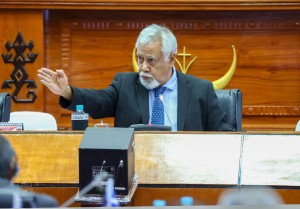
During the presentation of the Government’s Program at the National Parliament, the Head of Government said that ‘the development of the South Coast will be a center of activity in the field of oil and natural gas’ and that ‘the whole country will benefit from this project, not only because of the increase in Gross Domestic Product, but also because of the economic dynamics provided by the productivity of various economic factors. 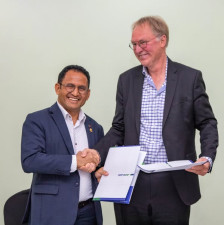
The Government has therefore planned and structured the conversion of the Bayu Undan field into a Carbon Capture and Storage (CCS) project. This innovative initiative will make it possible to transform Bayu Undan into a regional underground carbon storage center, with an estimated capacity of up to 10 million tons per year, which represents a strategic opportunity to extend the useful life of the infrastructure, attract international investment and generate billions of dollars in future revenue for the State. 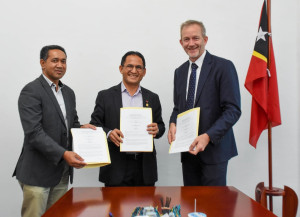
At the same time, the Government, through the Ministry of Petroleum and Mineral Resources and Timor Gap, plans to exploit the remaining gas reserves in the Bayu Undan field, which could be used under other contracts, such as the Chuditch and other fields, with the aim of channeling the gas to Timor-Leste. This strategy ensures that the field's energy potential continues to be valued, even after the end of its main production phase.
These projects are part of the strategic vision of energy transition and sustainable development promoted by the IX Constitutional Government, with a focus on industrialization, job creation and the diversification of sources of economic growth. The conversion of Bayu Undan, combined with the Tasi Mane Project, the development of Greater Sunrise, the construction of new gas pipelines and the investment in the downstream industry, reflects a modern energy policy that is aligned with the challenges of the future. 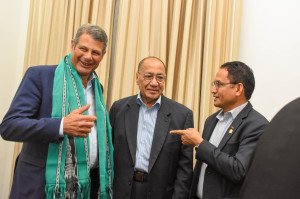
As part of the development of the Greater Sunrise field, the Government is continuing negotiations with international partners with the aim of enabling the construction of a pipeline to transport the gas to the Timorese coast, within the scope of the Maritime Boundary Treaty signed with Australia. In a joint statement issued on December 21st 2024, the Governments of Timor-Leste and Australia reiterated their commitment to the joint development of the Greater Sunrise fields, underlining the strategic importance of this project for Timor-Leste's economic growth. Both nations expressed their willingness to continue collaborating constructively to ensure that the benefits of this initiative accrue to the Timorese population and contribute to the consolidation of the country's energy sovereignty. 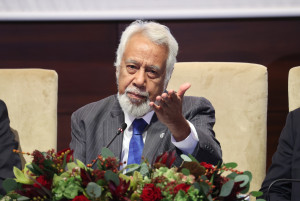
The Tasi Mane Project is one of the structuring initiatives of the Government's energy and industrial policy, designed to transform the southern coast of Timor-Leste into an integrated development corridor in the oil and natural gas sector. The project includes the construction of a logistics base in Suai, a refinery and petrochemical complex in Natarbora, as well as a Liquefied Natural Gas (LNG) plant and supporting infrastructure. The central aim is to create a national value chain in the energy sector that will maximize the economic benefits of exploiting natural resources, generate direct and indirect jobs, boost the growth of local economies and strengthen the country's energy and industrial sovereignty. By implementing this project, the Government also aims to attract private investment, develop complementary infrastructures and promote industrialization and territorial cohesion.
With these measures, the Government is reaffirming its commitment to responsible and transformative management of the country's resources, to ensure that oil wealth continues to contribute to the development and well-being of present and future generations.










































